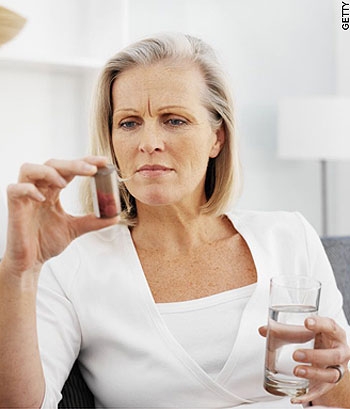
Menopause

Menopause occurs at the end stage of a woman’s reproductive years. It is a regular cycle of woman’s life—not a disease. You reach menopause when a full year passed without having a period. This happens for most women after the age of 45. Some women are hardly aware of these changes while they are getting closer to menopause. Yet, it significantly affects women's health not only mentally, so as their physical body functions.

The specific symptoms and how significant (mild, moderate, or severe) they are varies from woman to woman :
- Changes in menstrual cycle or periods
- Hot flashes & Night sweats
- Vaginal dryness
- Problems sleeping
- Mood changes
- Headaches
- Feeling anxious
- Lack of sex drive or painful intercourse
- Dryness of the skin or hair

- Aging
- Estrogen levels is lowered
- The ovaries are removed
- The ovaries are changed by radiation or chemotherapy


|

|






























